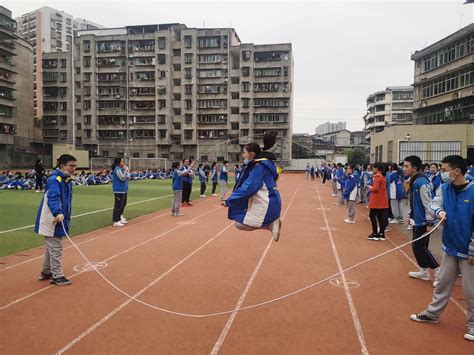用英语介绍体育课程和活动
Introduction to Extracurricular Sports Activities
Extracurricular sports activities play a crucial role in the holistic development of students, offering numerous physical, mental, and social benefits. Engaging in sports outside of regular academic curriculum not only promotes physical fitness but also fosters teamwork, leadership skills, and discipline. In this overview, we'll delve into the significance of extracurricular sports activities and explore various options available to students.
Participation in extracurricular sports activities offers a plethora of benefits:

Extracurricular sports activities encompass a wide range of options catering to diverse interests and skill levels. Some popular choices include:
When participating in extracurricular sports activities, it's essential to keep the following guidelines in mind:
Extracurricular sports activities provide invaluable opportunities for students to develop physically, mentally, and socially. Whether engaging in team sports, individual activities, or outdoor pursuits, participation in sports fosters a range of skills and qualities that contribute to overall personal growth and wellbeing. By following guidelines for participation and embracing the diverse options available, students can derive maximum benefit from extracurricular sports activities.
股市动态
MORE>- 搜索
- 最近发表
-
- 深度解析,股票000977——挖掘未来投资价值的密码
- 宋佳在三页剧本中演绎百变情感,100多条的挑战与突破
- 深度解析,000153——揭秘这只潜力股的未来走向
- 东北大爷虎口脱险,一场意外背后的中韩文化交流盛宴
- 73岁王石独自带娃,展现父爱如山的另一面
- 揭秘000816,一只引领稳健增值的蓝筹金牛
- 宋仲基的双倍幸福,二胎女儿的温馨降临
- 探索西部建设的未来引擎,002302,推动中国西部崛起的新力量
- 虎鲨吞噬手机,一探究竟的第一视角记录
- 探索科技界的隐形冠军,兄弟科技,你的智能生活守护者
- 甘肃教育厅正核实小蜜蜂老师身份
- 深度解析——金融街,投资者的黄金地带与市场风向标
- 关宏峰被抓2小时,7年后才放出来
- 揭秘300042朗科科技,从光存储到智能驱动的创新旅程
- 深度解析,中国平安601318——你的长期稳健投资伙伴
- 胖东来员工购房新政策,责任与担当的实践
- 点亮未来之光,探索300102乾照光电的神奇科技之旅
- 医院CT等收费新规解读
- 揭秘钢铁世界的智慧引擎——探析300226上海钢联的行业影响力与未来展望
- 临沂巨响揭秘,神秘事件引发关注
- 深度解析,解读000718——探寻股市中的稳健白马股之路
- 78岁老太减持2.5亿股股票
- 揭秘601628中国人寿,守护国民财富的稳健力量
- 罕见之苹果首次曝光中国开发者收入
- 深度解析,华谊兄弟的转型之路与行业启示——探秘中国影视巨头的起落与未来展望
- 女子替丈夫讨薪泪洒匍匐地
- 深度解析,601857——中国建筑的稳健力量,投资者必看的行业趋势与投资策略
- 深度解析,探秘002436这只潜力股的崛起之路——从基本面到市场动态
- 关晓彤白玉兰荣耀时刻
- 春华秋实 打一个生肖_辅助分析解答:1182.3D.A31
- 名列前茅打一个生肖_精彩对决解析_实用版131.225
- 卡在这里打一个生肖:全面的解释解答-2024年10月/13_251.D9
- 要有承担勿累事_猜一生肖一句引发热议_网页版v038.073
- 卧虎成龙_引发热议与讨论_V32.99.87
- 鼠肚鸡肠打一个生肖_最佳精选解释落实:910.ISO.077
- 一码打一个生肖_最新答案解释落实_安装版v188.332





